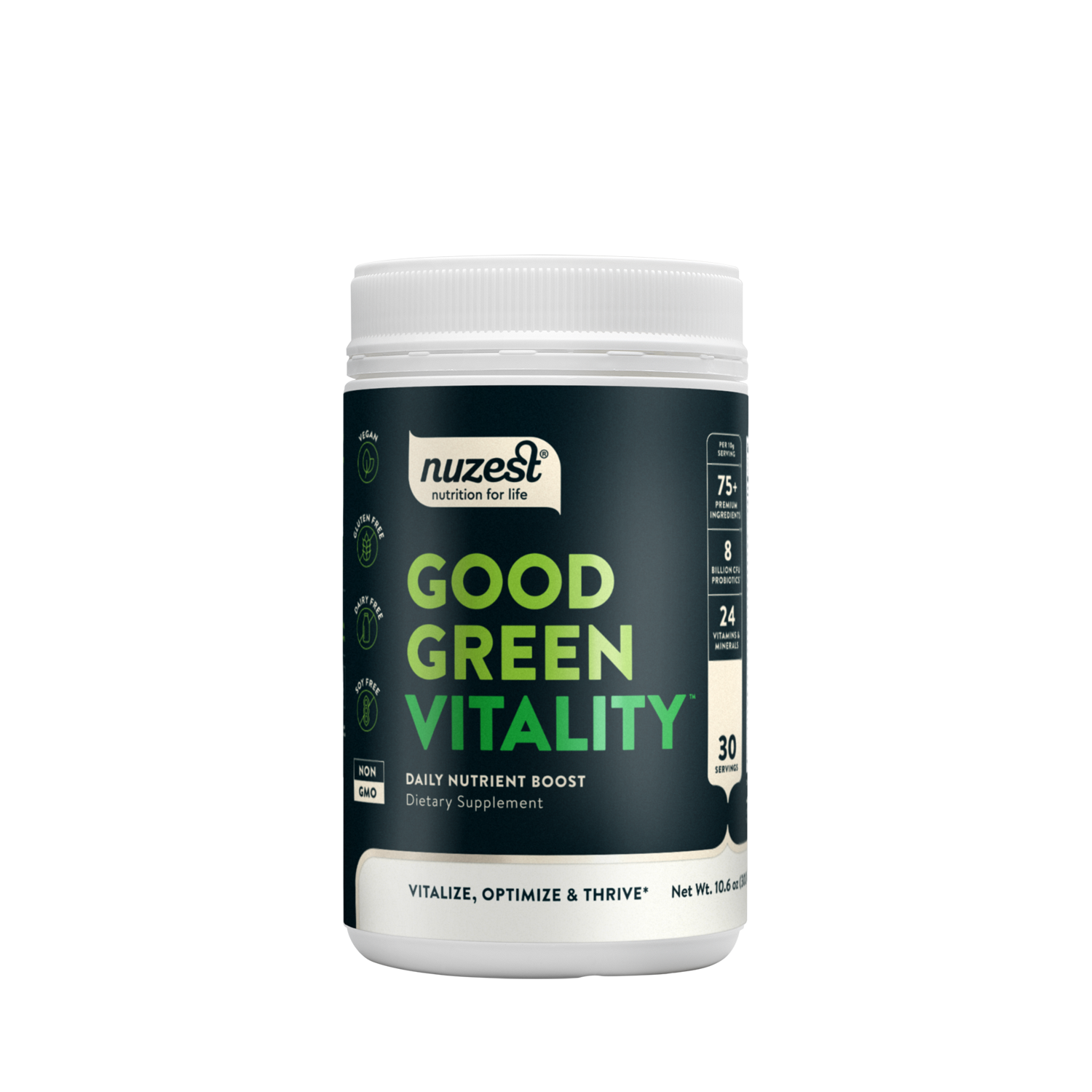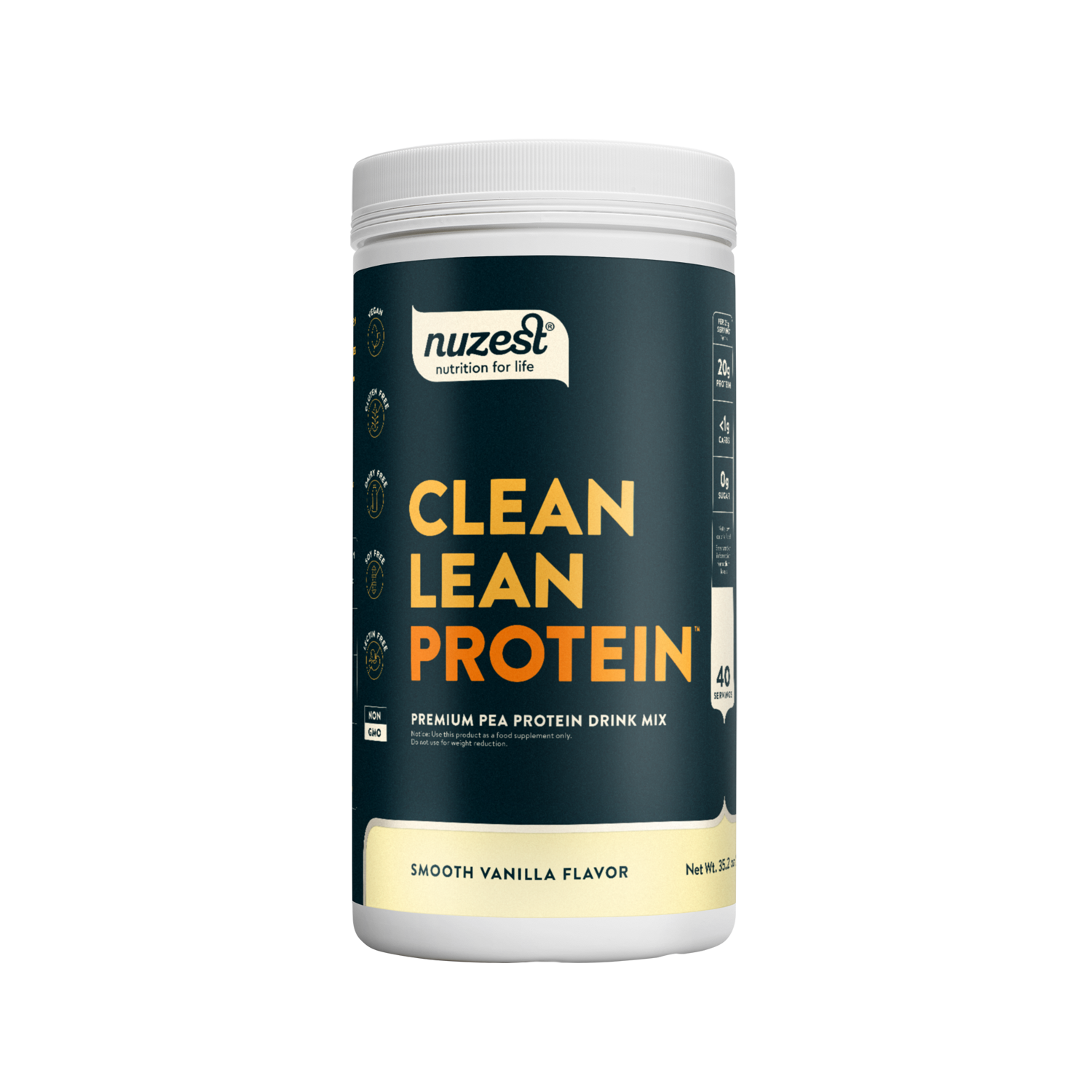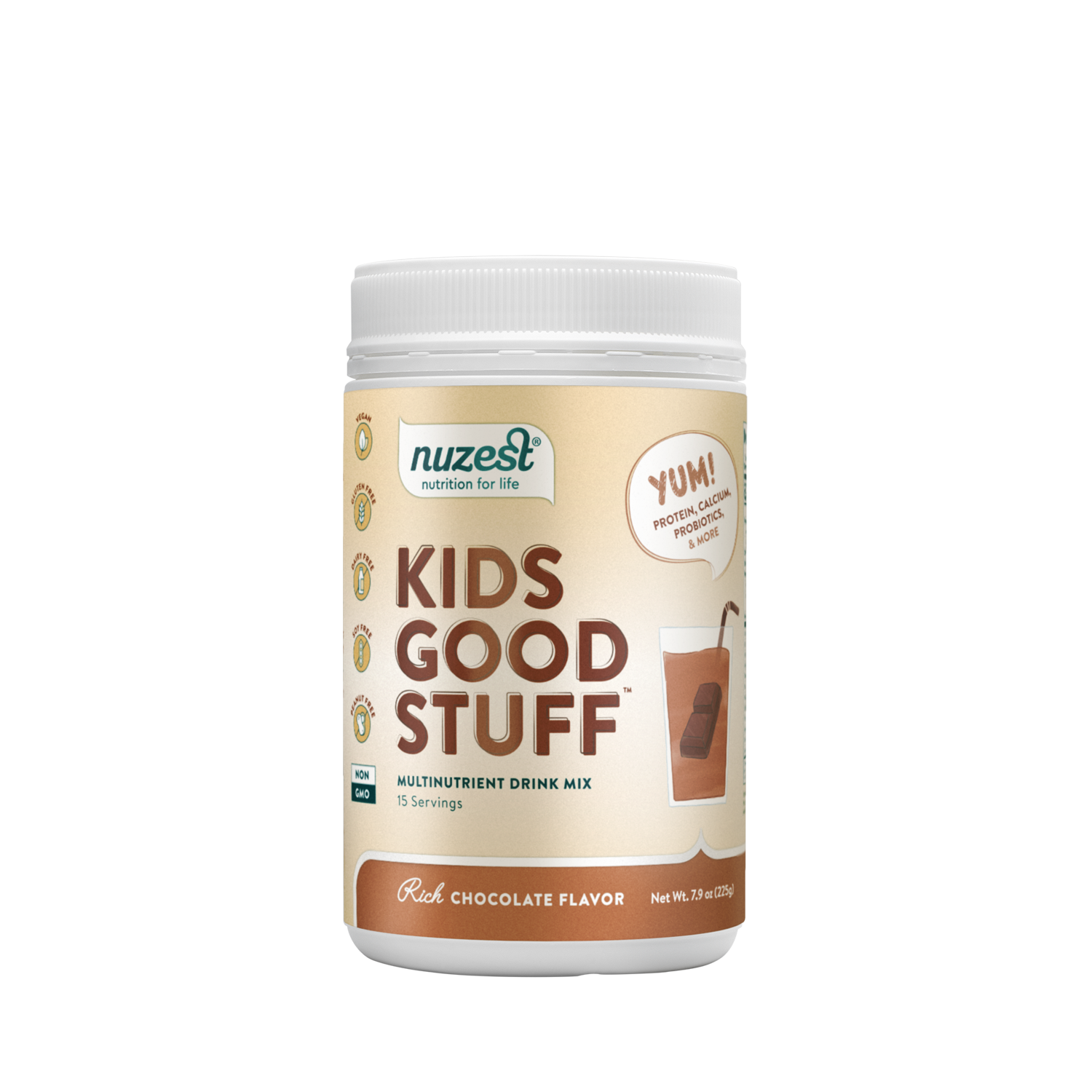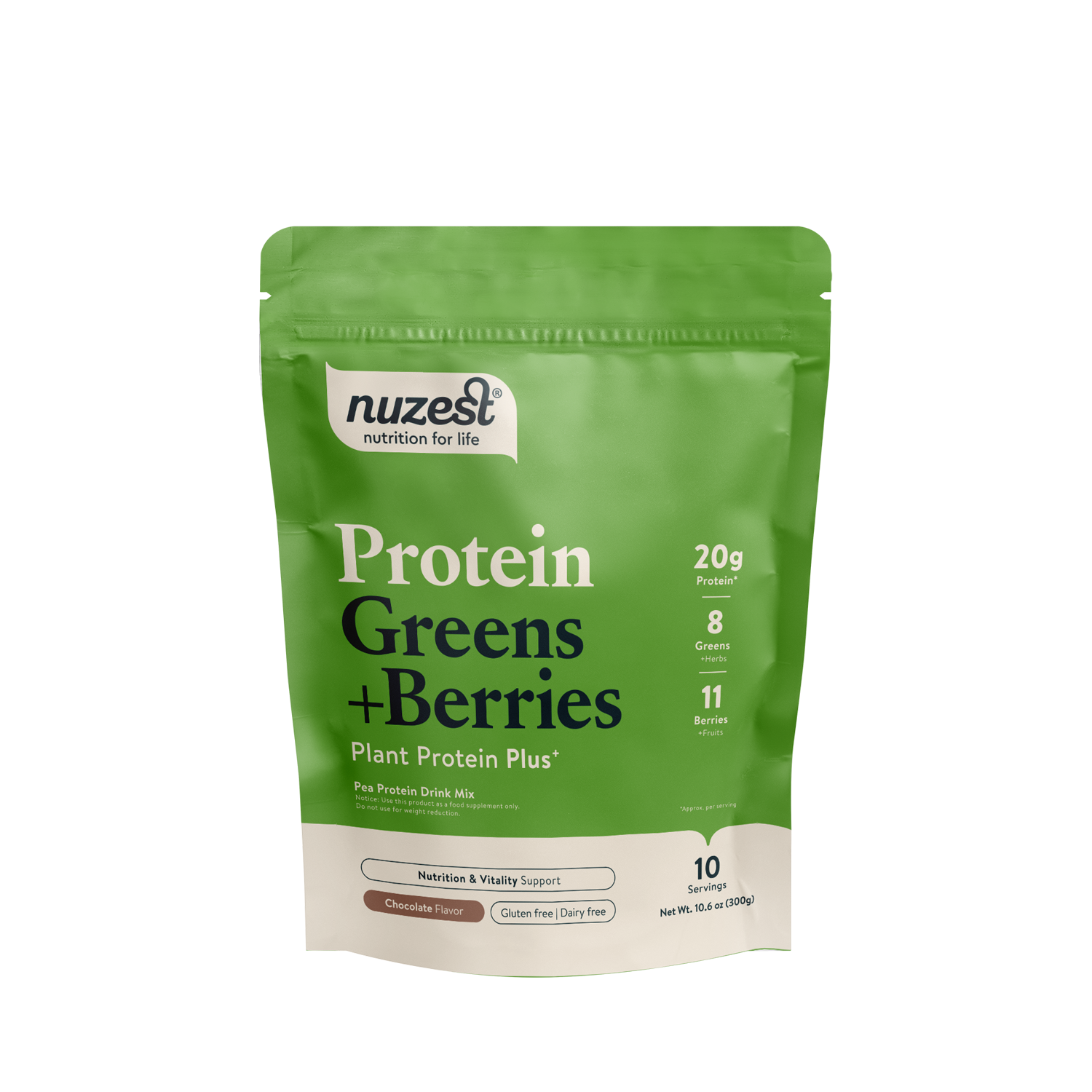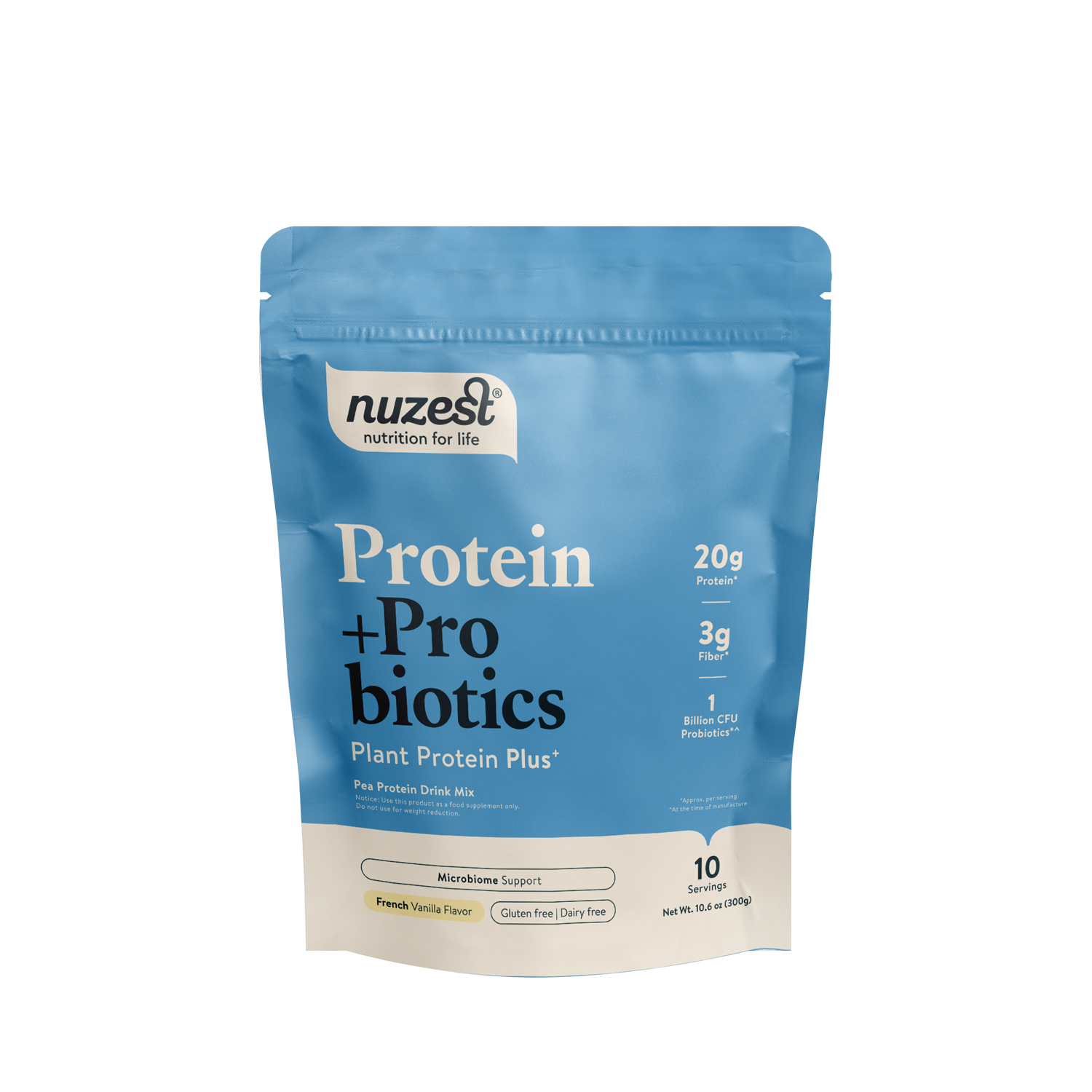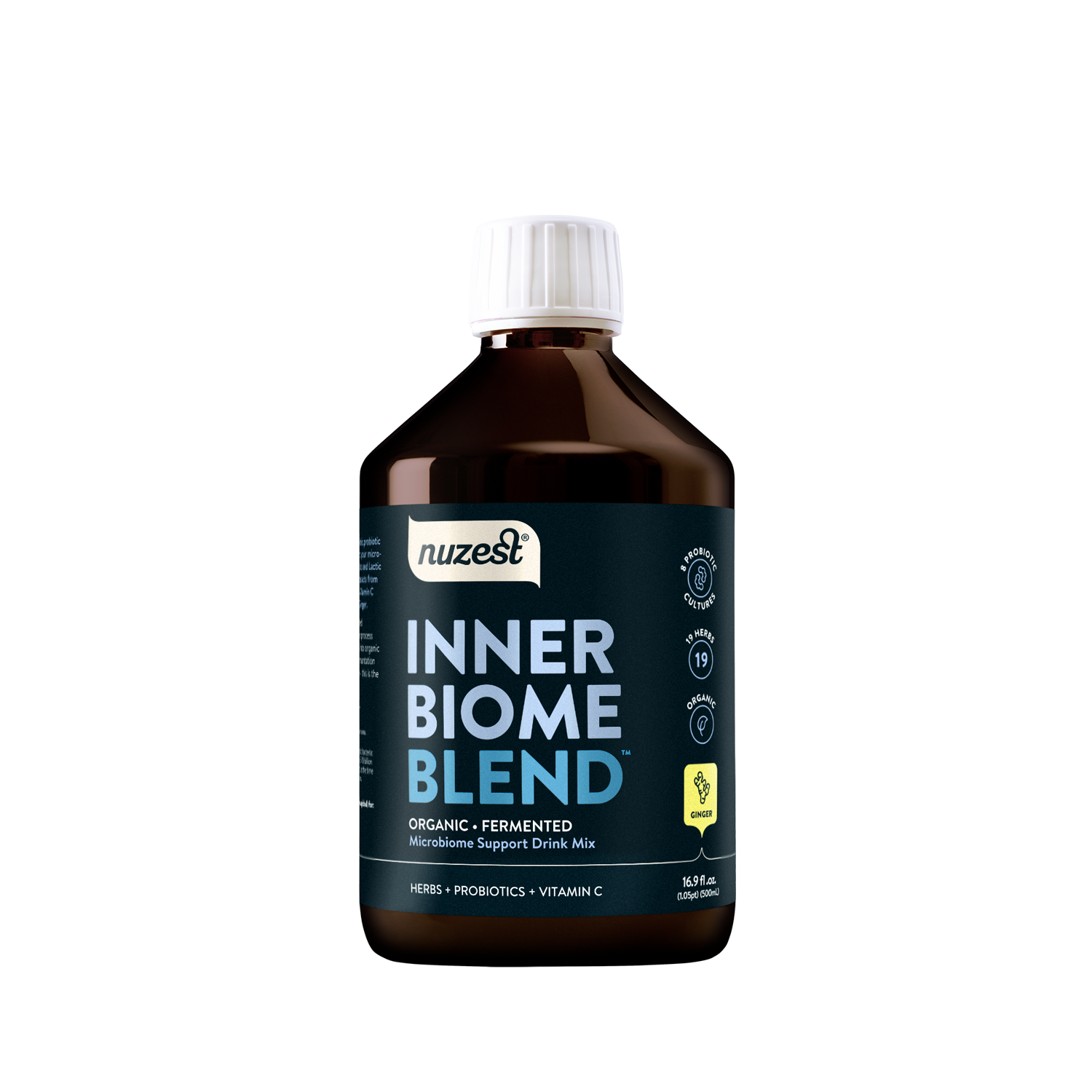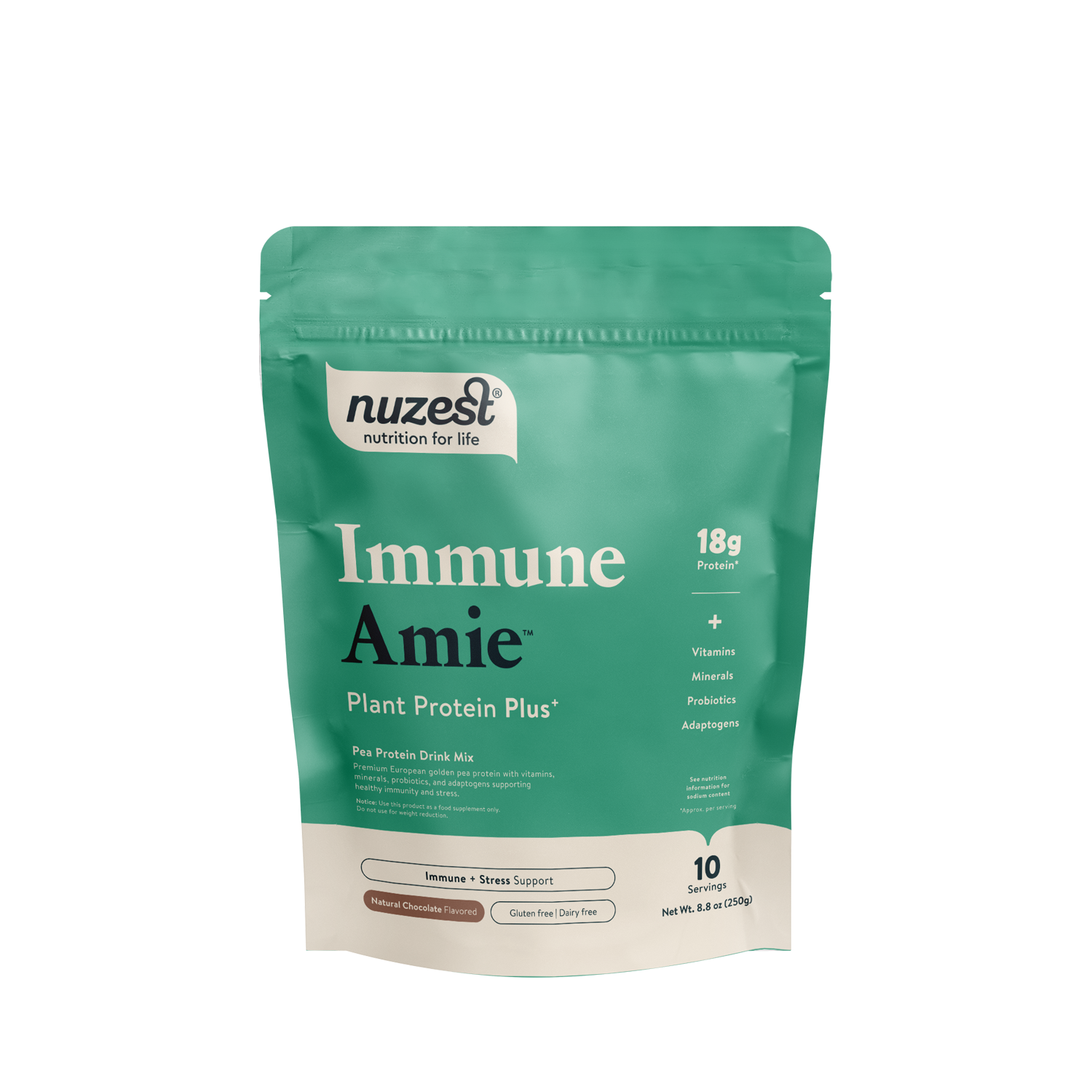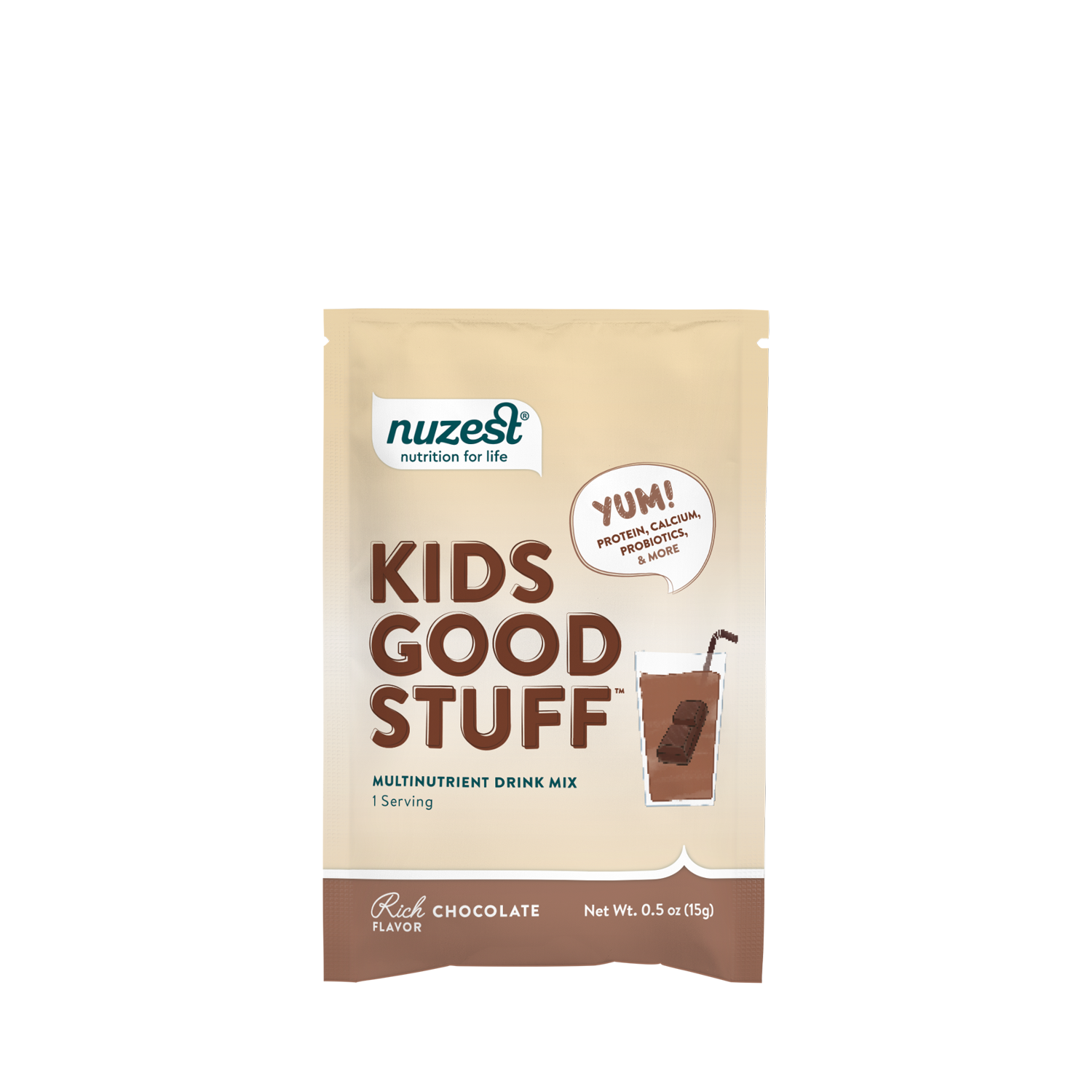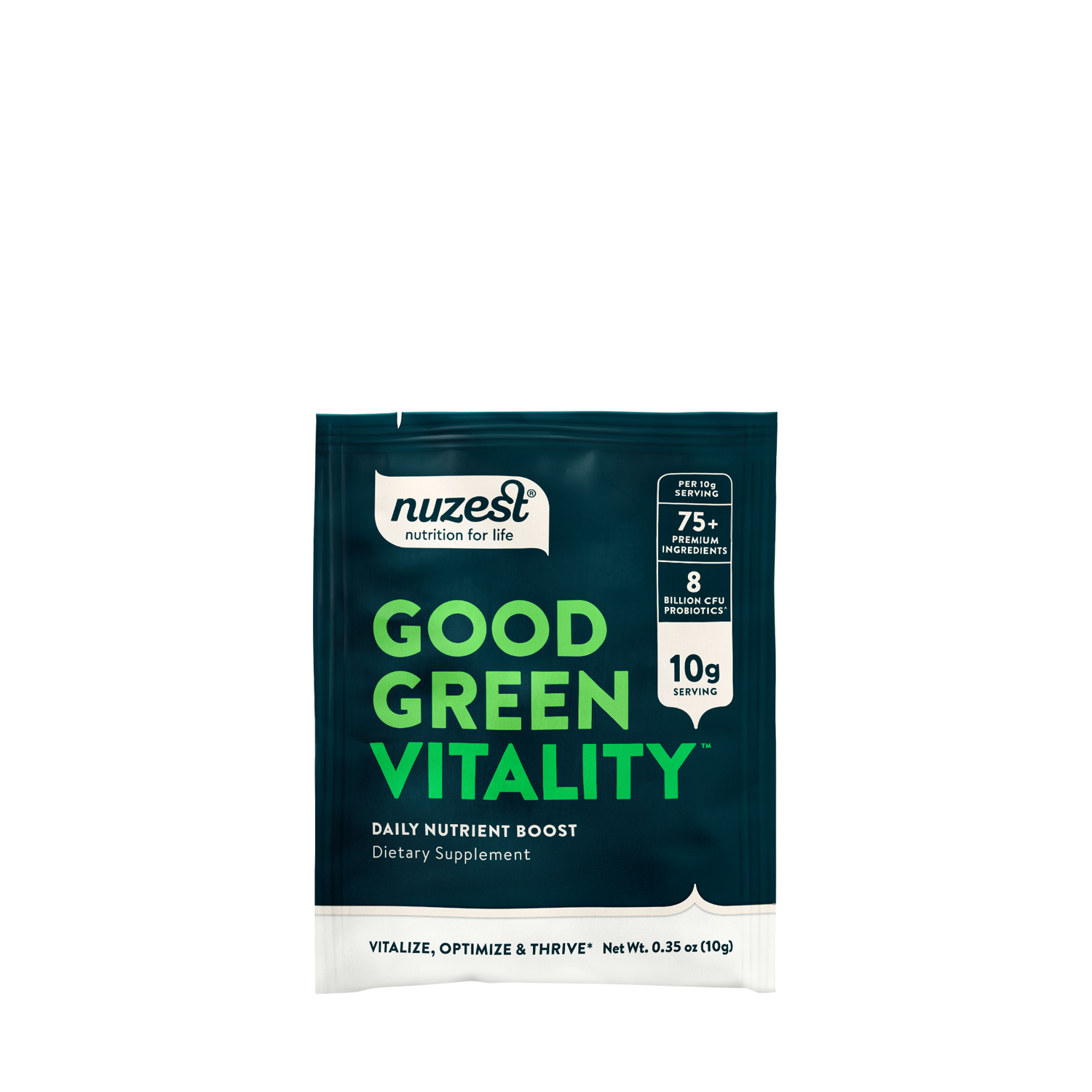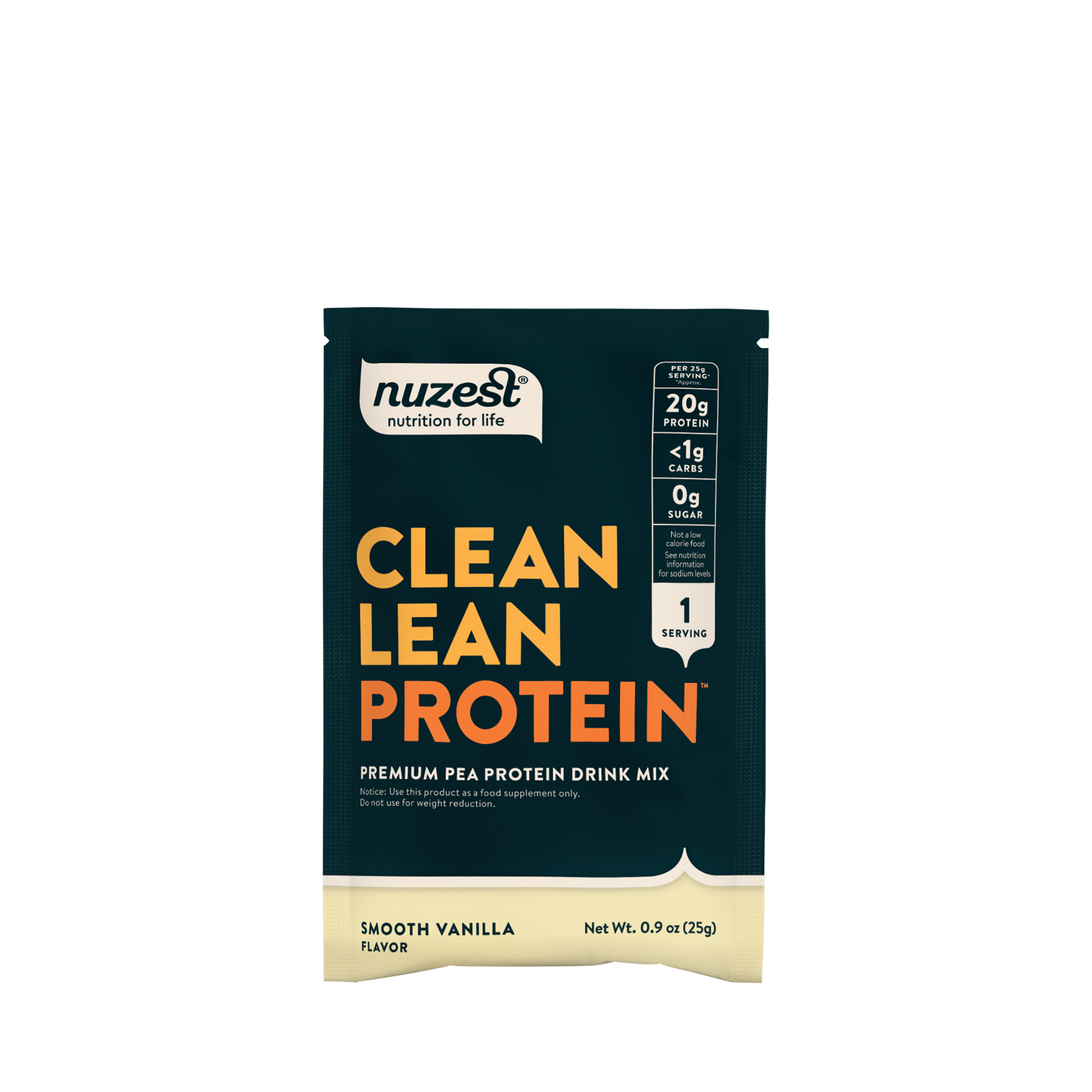Over the last decade, especially in more recent years, there’s been a growing movement of people looking to reap the potential benefits of a plant-based diet.
It’s no longer a lifestyle choice exclusive to vegans and vegetarians, either. Even those who don’t consider themselves a part of either group have become interested in adding more plant-based alternatives in their diet.
For some, it’s a matter of having a positive impact on climate change and improving their environmental footprint as a whole. Others simply want more of the health benefits that a plant-based diet could support.
Read below to discover everything you need to know about how a plant-based diet could support a healthier, happy you.
Table of Contents
- Love At First Bite: Heart Health and Cardiovascular Benefits of Plant-Based Diets
- Plant-Based Diet vs. Cancer Prevention
- Eating A Plant-Based Diet For Longevity
- Brain Health Benefits Of A Plant-Based Diet
- Go With Your Gut: Eating A Plant-Based Diet Keeps Your Microbiome Balanced
Love At First Bite: Heart Health and Cardiovascular Benefits Of Plant Based Diets
Heart disease is still the number one leading cause of death world-wide, while stroke isn’t far behind at number five.1
Fortunately, there’s plenty of evidence to show one of the other health benefits of a plant-based diet is helping to maintain cardiovascular health. Diets that contain higher amounts of plant-based foods and less animal foods have been linked to lower risk of incidents surrounding the cardiovascular system.2
There are several reasons for this.
A Plant-Based Diet Benefits Cholesterol Levels
When there is too much LDL (the “bad” form of cholesterol) and not enough HDL (the “good” form) in your body, you have a greater risk of heart attack and stroke.3
A few years ago, researchers reviewed 49 studies where plant-based diets were compared to diets that included animal foods. The goal was to uncover differences in cholesterol levels. Not surprisingly, plant-based diets resulted in a greater reduction in total cholesterol levels.4
Blood Pressure vs. Plant-Based Diets
Known as “the silent killer,” high blood pressure has no symptoms and therefore goes undetected by 20 percent of people.
More importantly, it puts you at higher risk of heart attack, stroke, heart failure, and even kidney and eye disease.5
A plant-based diet benefits blood pressure by being higher in potassium and naturally lower in fat, sodium, and cholesterol.6
Cardiovascular Disease
A report published by the American Heart Association revealed that plant-based diets can decrease risk of heart failure by as much as 42% for people with no prior history of heart disease.7
A Plant-Based Diet Benefits Blood Sugar, Too
Another reason to adopt a plant-based diet is the fact that doing so is associated with maintaining healthy blood sugar levels and the prevention of diabetes.
One study published in JAMA Internal Medicine discovered people who ate a diet consisting of mostly plant-based foods (fruits, veggies, nuts, and whole grains) were able to slash their risk of diabetes by an astonishing 23%.
Again, this goes back to the fact that plant-based foods are full of fiber, which helps slow the absorption of any sugars (natural sources like fructose and processed sugars alike) in the bloodstream.
Plant-Based Diet vs. Cancer Prevention
It may sound too good to be true at first, but a plant-based diet may promote lower risks of cancer in several ways.
For starters, plant-based foods are loaded with nutrition including phytochemicals that can help protect our body’s cells from damage.
In many cases, they exhibit anti-inflammatory properties to help stave off inflammation—a precursor to countless chronic conditions, not just cancer.
According to a report published by the World Cancer Research Fund, “Our evidence shows that fruit and vegetables, as well as whole grains and fiber, play a crucial role in protecting us against certain cancers...” - Dr. Giota Mitrou, Director of Research.8
Another reason goes back to a plant based diets' high fiber content and waistline benefits, as cancer risk and carrying excess weight are closely related.9
Eating A Plant-Based Diet For Longevity
Japan is home to one of the highest populations of centenarians--people who have reached at least 100 years of age—in the world.10
After a Japanese study tracked the diets and health of over 70,000 Japanese men and women over an average of 18 years, they found some remarkable insight into diet and aging.
Similar to what we’ve covered so far together, those who substituted more plant protein for animal protein were less likely to die prematurely from cancer, heart disease, or any other reason.
The study’s researchers said it best, “Our study suggests that plant protein may provide beneficial health effects and that replacement of red and processed meat protein with plant or fish protein may increase longevity.”11
Brain Health Benefits of a Plant-Based Diet
One of the concerns surrounding a plant-based diet in recent years, is regarding the alleged lack of a nutrient called choline.
Getting enough choline in your diet plays a critical role in supporting not just a healthy brain, but also liver function, heart health, and more.
If you were to seek out sources of choline online, the top results usually tout eggs, liver, poultry, and fish as key sources.
So are vegan or vegetarian foods enough? Fear not!
The National Institutes of Health notes vegetables, beans, grains, nuts, and seeds as a “rich source” of choline. For example, soybeans pack more choline content than beef and chicken.12
Go With Your Gut: Eating a Plant-Based Diet Keeps Your Microbiome Balanced
New research is constantly emerging on how gut health is linked to virtually every major system in our bodies and therefore our risk for chronic diseases.
Gut health has become so popular, in fact, that probiotic usage and searches for best gut health foods are up among vegans and non-vegans alike.
Most people associate dairy products like yogurt and kefir as the best way to improve gut health, but what about plant-based foods?
A recent study from the Netherlands found several useful details:
- Overall, consuming certain plant-based foods was associated with higher levels of good gut bacteria
- Higher consumption of these foods lead to “a decrease of potentially harmful aerobic bacteria”
- Plant protein helped with the biosynthesis of vitamins and amino acids, and aided the breakdown of sugar alcohols and ammonium excretion13
When following a plant-based diet, Clean Lean Protein provides a convenient source of protein to support your overall health and athletic goals. We use the most potent and high-quality of all vegetable proteins, European Golden Peas.
The end result is a 100% vegan-friendly protein that also provides all your essential amino acids, with less bloating or discomfort some may experience from other types of protein powders.
Best of all, you don’t have to be vegan or on a mostly plant-based diet to benefit. Simply reducing your animal protein consumption for a little more plant protein can support your health and the environment! Perhaps you could try a different plant-based recipe on Meatless Mondays!
References
- https://www.cdc.gov/nchs/fastats/leading-causes-of-death.htm
- https://www.ahajournals.org/doi/full/10.1161/JAHA.119.012865
- https://www.heart.org/en/news/2018/10/01/big-fluctuations-in-bp-and-cholesterol-increase-heart-disease-stroke-risk
- https://pubmed.ncbi.nlm.nih.gov/28938794/
- https://www.cdc.gov/bloodpressure/facts.htm
- https://www.pcrm.org/health-topics/high-blood-pressure
- https://newsroom.heart.org/news/plant-based-diet-associated-with-less-heart-failure-risk
- https://www.wcrf.org/dietandcancer/recommendations/wholegrains-veg-fruit-beans
- https://www.ncbi.nlm.nih.gov/pmc/articles/PMC3786180/
- https://www.nippon.com/en/japan-data/h00540/japan%E2%80%99s-centenarian-population-tops-70-000. html
- https://jamanetwork.com/journals/jamainternalmedicine/fullarticle/2748453
- https://ods.od.nih.gov/factsheets/Choline-HealthProfessional/
- https://eurekalert.org/pub_releases/2019-10/sh-pfa101519.php
